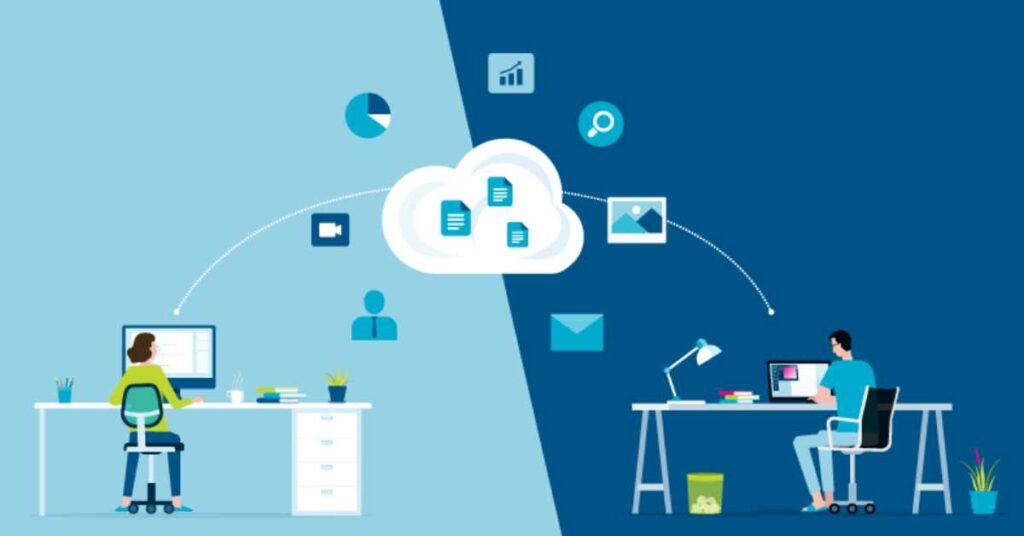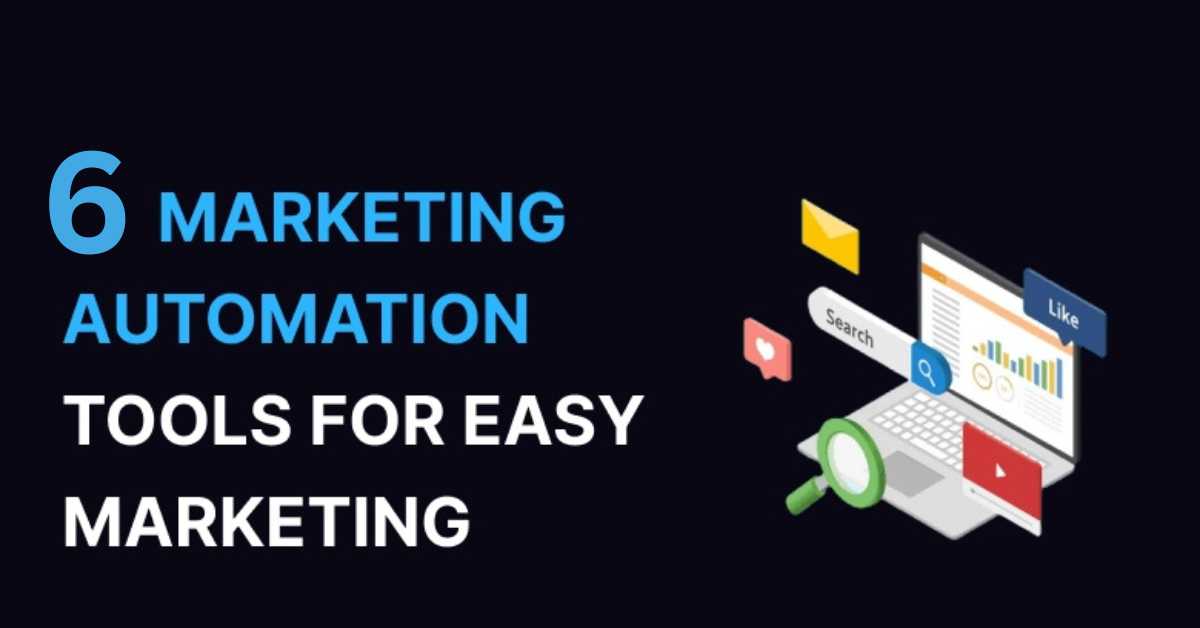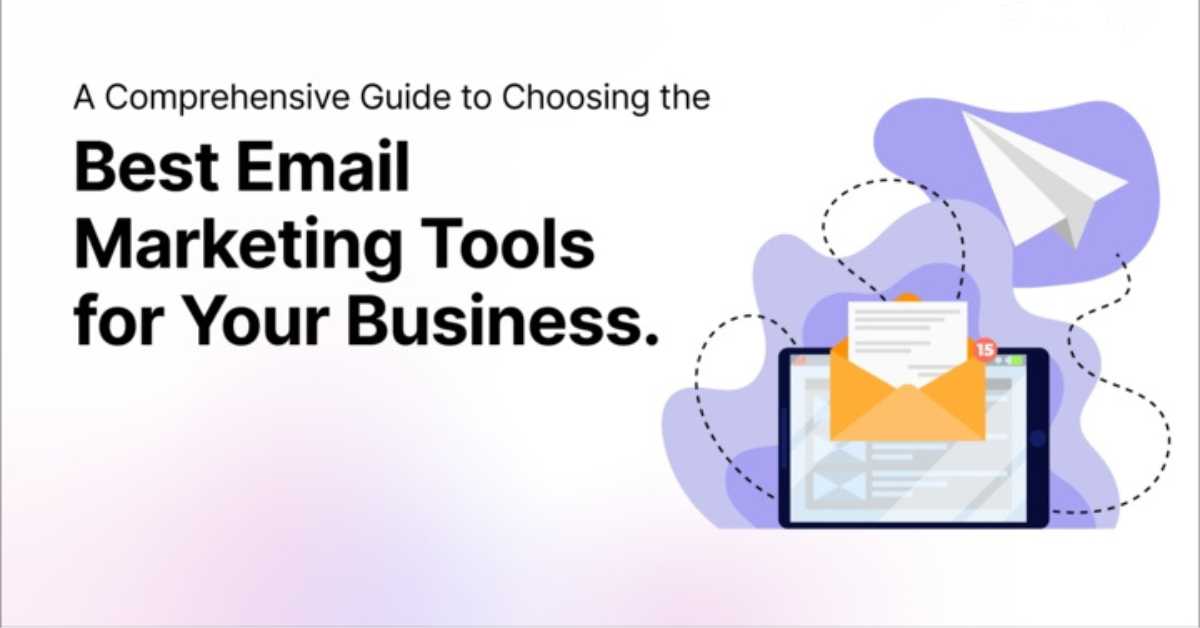Email: [email protected]


Cloud computing has revolutionized business operations, offering flexibility, scalability, and cost-effectiveness. As the digital landscape evolves, it’s essential to stay ahead of the curve and explore the future of cloud computing. The market is expected to continue rapid growth, with increased adoption and investment.
Businesses must understand the latest trends and insights shaping the industry, including edge computing, serverless computing, artificial intelligence, and quantum computing.
This article will delve into the latest advancements, innovations, and predictions, enabling businesses to make informed decisions, stay competitive, and unlock cloud computing’s full potential.
Cloud computing is a revolutionary technology providing on-demand access to shared computing resources like servers, storage, and applications over the internet. This flexible model reduces capital expenditures, improves operational efficiency, and enhances collaboration. Cloud computing offers increased agility, reduced costs, and improved reliability, allowing users to access data and applications from anywhere, on any device.
It encompasses Infrastructure as a Service (IaaS), Platform as a Service (PaaS), and Software as a Service (SaaS), providing tailored solutions for diverse business needs, making it an essential tool for modern businesses, and a key driver of digital transformation.
Infrastructure as a Service (IaaS) is a cloud computing model providing virtualized computing resources like servers, storage, and networking over the internet. Businesses can rent IT infrastructure on-demand, scaling up or down as needed, without capital expenditures. IaaS offers flexibility, scalability, and cost-effectiveness, enabling quick deployment and management.
Key features include automated resource allocation, pay-as-you-go pricing, and secure access controls. Leading IaaS providers include Amazon Web Services (AWS), Microsoft Azure, and Google Cloud Platform (GCP). IaaS is ideal for businesses requiring customized infrastructure configurations, high-performance computing, and rapid deployment, making it a popular choice for digital transformation.
Software as a Service (SaaS) is a cloud computing model delivering software applications over the internet, eliminating local installation and maintenance. Users can access applications from anywhere, on any device, at any time, with an internet connection. SaaS providers manage infrastructure, security, and updates, freeing businesses to focus on core operations.
SaaS offers reduced costs, increased scalability, and improved collaboration. Popular examples include Microsoft Office 365, Salesforce, and Dropbox. SaaS is ideal for businesses seeking flexibility, cost-effectiveness, and rapid deployment of software applications, making it a popular choice for digital transformation and business agility.
Platform as a Service (PaaS) is a cloud computing model providing a complete platform for developing, running, and managing applications, without infrastructure management. PaaS offers tools, libraries, and infrastructure for application development, deployment, and scaling. Developers can focus on writing code, while the platform handles security, backups, and maintenance.
PaaS supports various programming languages, frameworks, and databases, making it ideal for businesses seeking flexibility and agility. Popular PaaS examples include Heroku, Google App Engine, and Microsoft Azure. PaaS is perfect for rapid application development, deployment, and scaling, without infrastructure management burdens, enabling business agility and innovation.
The future of cloud computing is promising, driven by emerging trends and technologies like edge computing, AI, machine learning, quantum computing, serverless computing, and cloud-native applications. As cloud computing evolves, expect increased focus on security, sustainability, and data privacy. The market is forecasted to grow exponentially, with significant investment and adoption across industries.
As businesses rely more on cloud computing, the future looks bright for this transformative technology. With continued innovation, cloud computing will remain a key driver of digital transformation, enabling businesses to stay agile, competitive, and innovative in an ever-changing digital landscape.
Some of the trends, predictions and insights to watch include:
Edge computing revolutionizes cloud computing by processing data at the network’s edge, reducing latency and enhancing real-time decision-making. This shift enables data processing closer to its source, minimizing communication with centralized cloud servers. With IoT device growth, edge computing will harness cloud computing’s power, enabling faster, more efficient, and reliable data processing.
Beneficial for applications requiring real-time processing like autonomous vehicles, smart cities, and industrial automation, edge computing will drive cloud computing innovation, enabling new use cases and applications. As edge computing evolves, it will unlock new possibilities, transforming industries and enabling businesses to stay competitive.
Quantum computing is set to revolutionize cloud computing, offering unprecedented processing power and speed. Leveraging quantum mechanics, it performs calculations exponentially faster than classical computers. Although still in its early stages, quantum computing has the potential to transform industries and solve complex problems.
Cloud-based quantum computing services will democratize access, enabling businesses and researchers to tap into its potential. With applications in cryptography, optimization, and simulation, quantum computing will drive innovation and disruption in finance, healthcare, materials science, and more. This emerging technology promises to solve previously unsolvable problems, transforming the future of cloud computing.
Click on the next page button to continue enjoying the article!












To provide the best experiences, we and our partners use technologies like cookies to store and/or access device information. Consenting to these technologies will allow us and our partners to process personal data such as browsing behavior or unique IDs on this site and show (non-) personalized ads. Not consenting or withdrawing consent, may adversely affect certain features and functions.
Click below to consent to the above or make granular choices. Your choices will be applied to this site only. You can change your settings at any time, including withdrawing your consent, by using the toggles on the Cookie Policy, or by clicking on the manage consent button at the bottom of the screen.
